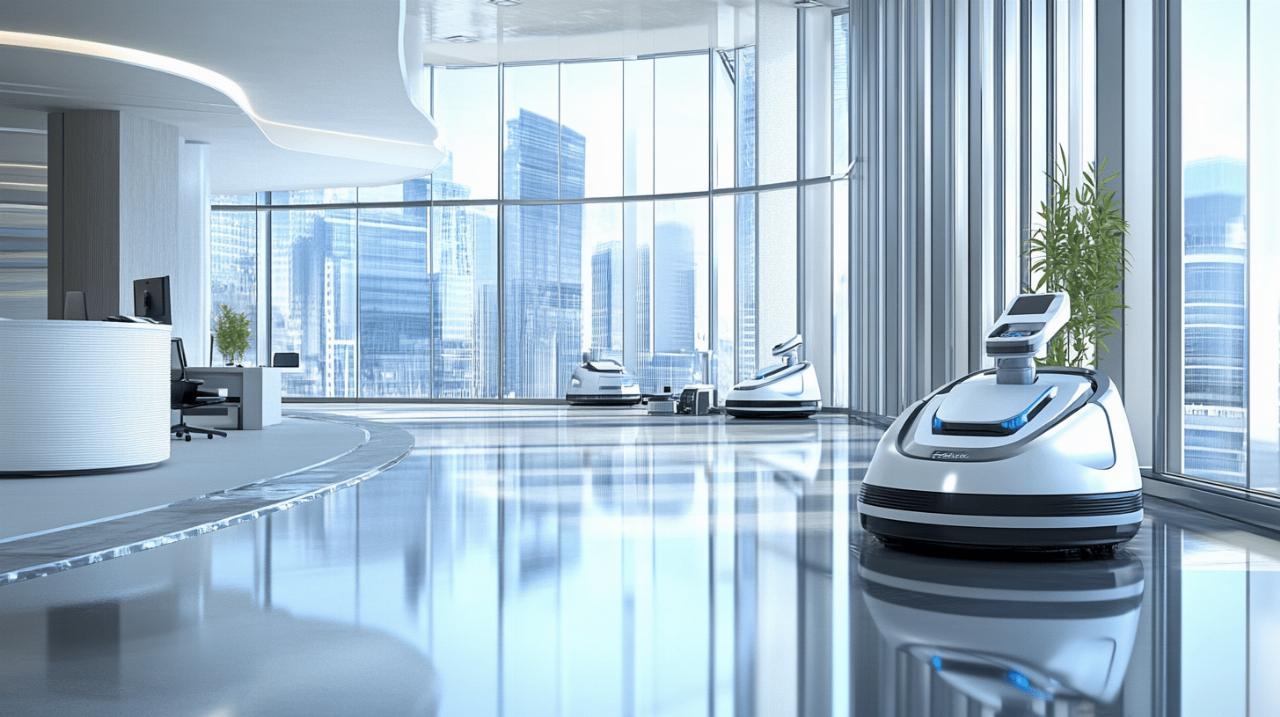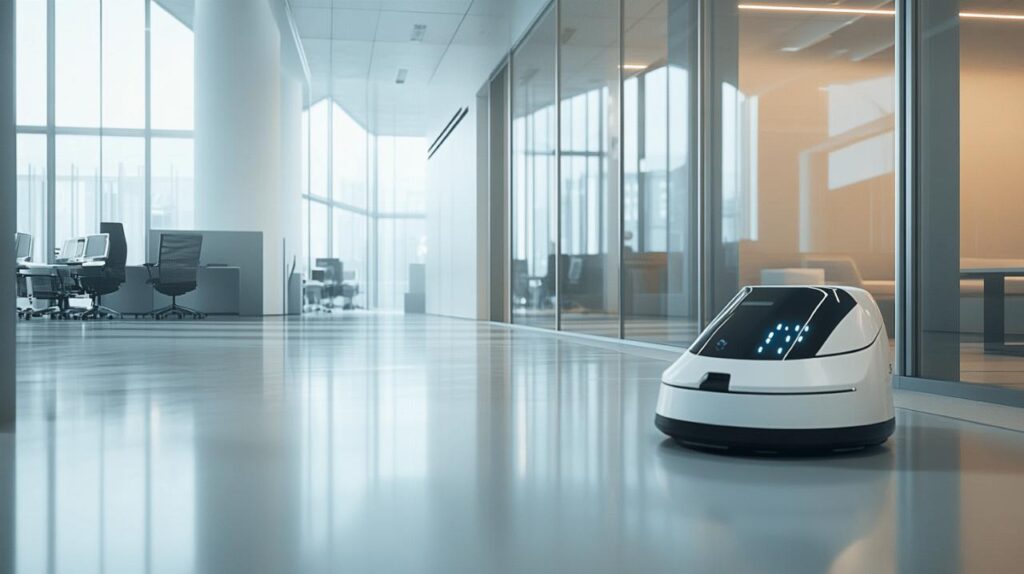The business landscape is constantly evolving, and with it, the approach to maintaining clean and healthy work environments. Office cleaning services are undergoing significant transformations as we move towards 2025, with innovative technologies and sustainable practices reshaping the industry. These advancements are not just about cleanliness but also about efficiency, environmental responsibility, and employee wellbeing. IKM Milano has identified several key developments that business owners should be aware of when considering their office cleaning needs.
Modern technological innovations in commercial cleaning
The commercial cleaning sector is experiencing a technological revolution that promises to enhance efficiency while reducing costs. Smart cleaning equipment and automated systems are at the forefront of this transformation, enabling businesses to maintain pristine workspaces with greater precision and less human intervention.
Smart cleaning equipment and iot integration
The integration of Internet of Things (IoT) technology into cleaning processes represents one of the most significant advancements in the industry. Smart cleaning systems now feature sensors that can monitor usage patterns in different areas of an office building, triggering cleaning activities based on actual need rather than rigid schedules. For instance, restrooms with high traffic might receive more frequent attention than less-used spaces, optimising both cleanliness and resource allocation.
Robotic vacuum cleaners and floor scrubbers are becoming increasingly sophisticated, capable of navigating complex office layouts autonomously and performing thorough cleaning with minimal supervision. These machines can work during off-hours, ensuring that cleaning activities do not disrupt the workday while maintaining consistent standards throughout the facility.
Automated scheduling and quality control systems
Data analytics and artificial intelligence are revolutionising how cleaning services are planned and evaluated. Advanced software systems can analyse patterns of building usage to create customised cleaning schedules that align perfectly with business operations. These systems can predict maintenance needs before equipment failures occur, reducing downtime and extending the lifespan of cleaning assets.
Quality control has also been enhanced through technology, with digital reporting tools allowing for real-time monitoring of cleaning activities. Supervisors can receive immediate notifications about completed tasks or areas requiring attention, ensuring consistent standards across all parts of a facility. This increased visibility not only improves overall cleanliness but also builds trust between cleaning service providers and their business clients.
Eco-friendly approaches gaining prominence
Sustainability has moved from being a nice-to-have feature to an essential component of modern office cleaning services. With growing environmental awareness and increasingly stringent regulations, businesses are seeking cleaning partners who can help them reduce their ecological footprint while maintaining impeccable standards of cleanliness.
Sustainable cleaning products and practices
The shift towards eco-friendly cleaning solutions is accelerating, driven by both environmental concerns and employee health considerations. Non-toxic, biodegradable cleaning products are replacing harsh chemicals, creating healthier indoor environments while reducing harmful discharges into water systems. These green alternatives have improved significantly in recent years, now offering cleaning efficacy comparable to traditional products without the environmental drawbacks.
UV-C disinfection technology represents another sustainable innovation, using ultraviolet light to eliminate pathogens without chemicals. This approach is particularly valuable in sensitive areas like healthcare facilities or food preparation spaces within office environments, providing thorough sanitisation with minimal environmental impact. 
Waste reduction strategies in office environments
Comprehensive waste management has become an integral part of office cleaning services, especially with new government regulations affecting businesses with ten or more employees. Cleaning companies now offer sophisticated recycling programmes that sort waste effectively, reducing landfill contributions and often generating cost savings for their clients.
The circular economy concept is being embraced through practices like using reusable cleaning cloths and mops instead of disposable alternatives. Water and energy conservation measures, such as microfibre technology that requires less water for effective cleaning, further enhance the sustainability profile of modern cleaning operations. These approaches align with ISO certification requirements, helping businesses demonstrate their commitment to environmental responsibility while meeting client expectations for sustainable practices.

